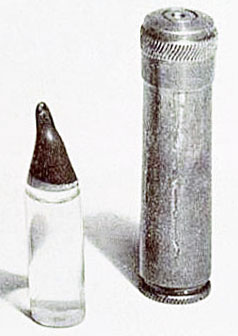Cyanide is a rapidly acting poison and is known to be fatal, killing victims within minutes of administration. The poison slows down the cellular activities by reducing oxygen supply, thus hindering many important bio-chemical processes that the body requires to survive. This results in acute conditions which can eventually lead to death. There have been inventions of many antidotes to combat the lethal poisoning of cyanide compounds. However, these antidotes have their limitations. They are either too slow or prove ineffective if administered after a certain time of poisoning.
As the saying goes ‘Necessity is the mother of invention’. On feeling the necessity, an effective antidote which can work faster and even after a window time of cyanide poisoning is discovered. The original concept was proposed by the now retired professor Herbert Nagasawa of the University of Minnesota. The idea is further being researched upon by Steven Peterson, Ph.D. who is the principal investigator and associate director of the University of the Minnesota Centre for drug design. The principle that this antidote works on is very simple. Many things in nature such as seeds of Apple, some grasses and other foods contain small amounts of cyanide. The human body can combat small amounts of cyanide poisoning by releasing antibodies which convert the toxic cyanide to non-toxic thiocynate. However, these antibodies are not produced at fast and continuous pace and hence cannot be relied upon to be life saving during a massive cyanide attack.The newly discovered antidote provides these antibodies to the body thus helping it combat the poisoning. It is administered orally unlike other antidotes which are intravenous in nature. It works within three minutes from the time of administeration meeting the United States Department of Defense standards. The antidote has been tested on animals yielding fruitful results and the researchers are expecting similar response in humans, the trials for which are expected to begin in the next three years. The National Institutes of Health is funding the study with a five year grant.
Via: Sciencedaily
Image Credit: Sciencedaily




